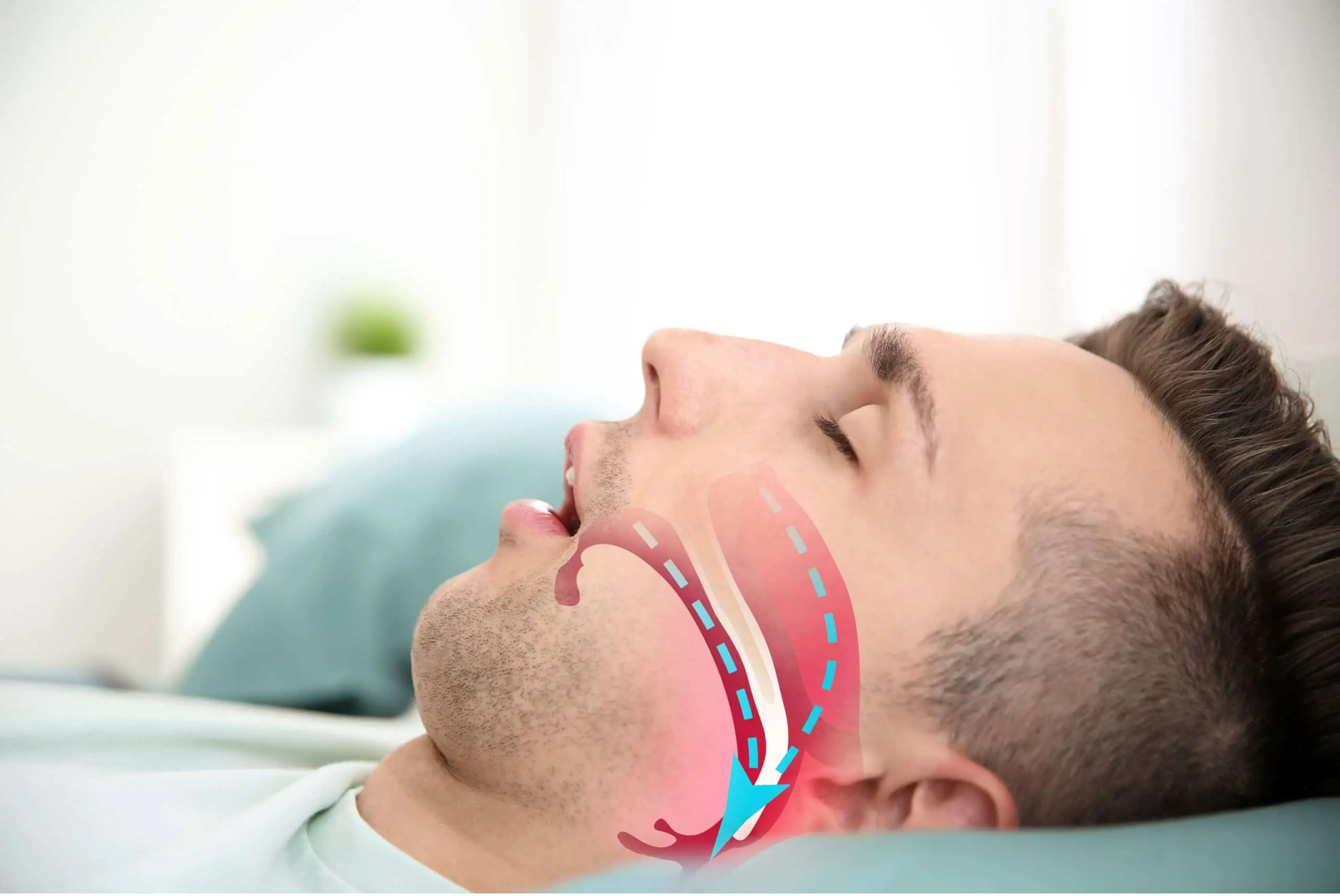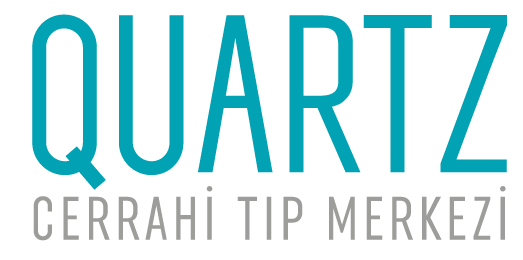Snoring is a common health issue caused by the narrowing or blockage of the airways during sleep, negatively affecting both the individual’s quality of life and their partner’s sleep. Although often seen as a harmless symptom, snoring can sometimes be a sign of more serious conditions like obstructive sleep apnea (OSA). It is more common in middle-aged and older individuals and can occur in both men and women.
What Causes Snoring?
Snoring occurs when air passing through the narrowed upper airway causes the surrounding soft tissues to vibrate. The following factors may trigger or worsen snoring:
| Causes of Snoring | Description |
|---|---|
| Excess weight | Fat deposits around the neck narrow the airway. |
| Nasal congestion | Deviated septum, polyps, or allergies may block airflow. |
| Soft palate laxity | Causes airway collapse during sleep. |
| Sleep position (especially lying on the back) | The tongue may fall back and block the airway. |
| Alcohol and smoking | Relax muscles and narrow the airway. |
| Aging | Muscle tone decreases, leading to tissue relaxation. |
| Hormonal changes | More common in women after menopause. |
How to Stop Snoring?
Snoring treatment should begin with a detailed ENT (ear, nose, and throat) examination, and if necessary, a sleep test (polysomnography). The treatment plan depends on the underlying cause:
Medical and Lifestyle Interventions
- Weight loss
- Avoiding alcohol and smoking
- Changing sleep position
- Nasal sprays and nasal dilators
Non-Surgical Devices
- CPAP (Continuous Positive Airway Pressure) machine
- Oral appliances (devices that bring the lower jaw forward to open the airway)
What Is Snoring Surgery?
Snoring surgery involves correcting anatomical structures that cause airway narrowing. It is considered when structural causes are identified.
| Surgical Method | Description |
|---|---|
| Uvulopalatopharyngoplasty (UPPP) | Removes part of the soft palate and uvula. |
| Laser-Assisted Uvulopalatoplasty (LAUP) | Reduces excess tissue using laser. |
| Radiofrequency Surgery | Shrinks tissue by applying low-energy heat to the palate. |
| Septoplasty | Corrects nasal septum deviation. |
| Tongue base reduction | Used in cases of sleep apnea. |

Snoring and Apnea Surgery
In patients with obstructive sleep apnea, snoring is not just a symptom but a sign of a serious health risk. In such cases, a multidisciplinary approach is required. Apnea surgery is considered when CPAP is unsuccessful or if there is anatomical obstruction.
Which Doctor Treats Snoring?
Patients with snoring problems should first consult an ENT (Otolaryngologist). If sleep apnea is suspected, collaboration with pulmonology, neurology, or sleep disorder centers may be necessary.
How to Stop Snoring in Women?
Snoring in women often increases after menopause due to hormonal changes. Treatment in women may include:
- Hormonal assessment
- Evaluation of allergies and nasal obstruction
- Surgical approaches with aesthetic and functional considerations
Snoring Treatment Prices
The cost of snoring treatment varies depending on the technique used, the patient’s anatomical features, the need for surgery, and the clinic’s facilities.
Note: In accordance with regulations of the Turkish Ministry of Health, direct price information related to medical procedures cannot be shared online. For detailed information and consultation, please contact our clinic.
Recovery Process
| Stage | Description |
|---|---|
| Recovery Time | Most patients return to daily life within 7–10 days post-surgery. |
| Healing Period | Mild throat pain or swallowing discomfort may occur in the first few days. |
| Postoperative Care | Antibiotics, pain relievers, and liquid diet are recommended. |
Frequently Asked Questions
Is snoring treatment permanent?
If snoring is caused by anatomical issues, surgical treatment can provide permanent results.
Is snoring surgery risky?
These procedures generally carry low risk, but individual evaluation is essential.
Why is snoring more common in women after a certain age?
Hormonal changes, weight gain, and age-related muscle relaxation are contributing factors.
What tests are required?
Endoscopic examination, sleep study (polysomnography), nasal and throat evaluation.
Which is better: CPAP or surgery?
For mild to moderate apnea, surgery may be considered; for severe cases, CPAP is the first option.
![dr.leyla-arvas-800×1000.jpg[1] dr.leyla arvas](https://www.quartz.com.tr/wp-content/uploads/2024/11/dr.leyla-arvas-800x1000.jpg1_.webp)
Author : Op. Dr Leyla ARVAS
Dr Leyla Arvas is an internationally recognised specialist in aesthetic surgery based in Istanbul. Graduated in 1998 from Istanbul University Faculty of Medicine, she has developed her expertise by studying in Taiwan, Japan and Spain during her 20 years of experience.
This article January 28, 2026 was updated on
Editor: admin@quartz.com.tr



